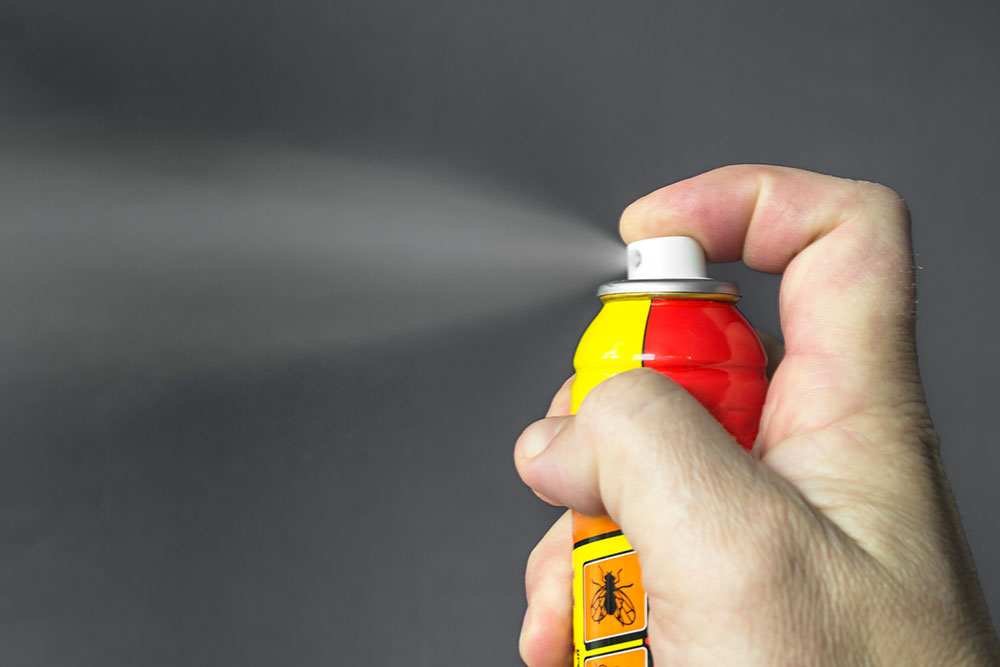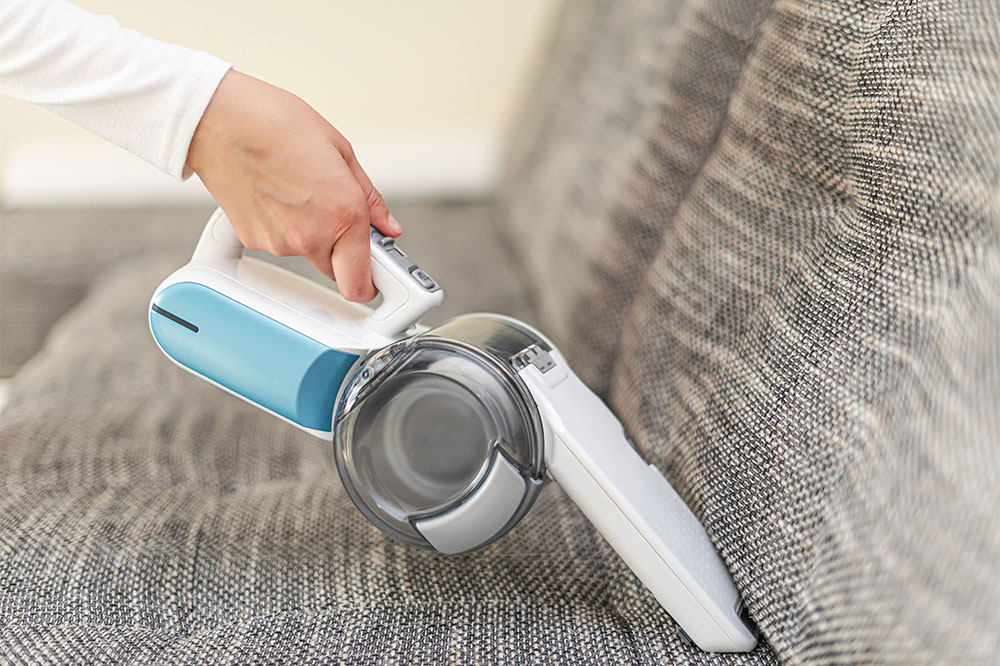4 household products that may harm the lungs and worsen COPD

Our lungs are sensitive to irritants and pollutants in the air. If inhaled, these irritants can damage the organ and lead to discomfort. The risk of lung damage is higher among people with chronic obstructive pulmonary disorder (COPD), an ailment that blocks the airways and causes breathing difficulty. One way to maintain respiratory health is to recognize and avoid the triggers. Below are four household products that can harm the lungs and aggravate COPD.
Cleaning products
Many everyday cleaning products can irritate the eyes and throat, cause headaches, and worsen lung inflammation. Some may also release dangerous chemicals called volatile organic compounds (VOCs). VOCs can be inhaled through the nose or mouth, causing muscle contractions that make breathing difficult. These compounds are commonly found in aerosol sprays, air fresheners, chlorine bleach, detergents, dishwashing liquids, dry cleaning chemicals, rug and upholstery cleaners, furniture and floor polish, and oven cleaners.
To prevent the onset or aggravation of lung inflammation, one must avoid cleaning products with ingredients like ammonia, hydrogen peroxide, and chlorine bleach. Instead, one may use mild cleaners, like regular soap and water, baking soda (for scrubbing), and vinegar. If using strong cleaners is unavoidable, individuals must pick products without added fragrance, wear a mask, and ventilate the room.
Wood-burning fireplaces and stoves
Wood-burning appliances release fumes containing carbon monoxide, VOCs, nitrogen oxides, benzene, and formaldehyde. These irritants can harm the lungs, leading to coughing, wheezing, and asthma. Those with COPD and other respiratory problems can switch to electric stoves and heaters.
Gas stoves
Gas stoves can also raise nitrogen oxide levels in the home, triggering or worsening lung inflammation. When using a gas stove, one must ensure proper ventilation around the home. Alternatively, individuals can consider switching to electric stoves.
Candles
Candles, especially scented varieties, release VOCs into the air, negatively impacting lung function. Those with a history of allergies, asthma, cancer, heart disease, or a compromised immune system must always avoid scented candles. Others must use them sparingly and ensure proper ventilation in the room. It is also recommended to avoid paraffin wax candles. Instead, one may opt for beeswax, soy, or plant-based waxes.
Besides these household products, individuals must be aware of mold growth in the home. Mold, a type of indoor fungus, multiplies by producing spores and releasing them into the air. When these spores are inhaled, one may experience an aggravation of allergies or lung conditions. Mold is commonly found in rooms with high a humidity, such as the bathroom. To get rid of it, one must ensure proper ventilation, use an exhaust fan, clean and dry the showerhead and tub regularly, and repair water leaks promptly.
One must take safety measures seriously to avoid lung inflammation with COPD, allergies, and other respiratory conditions. Using clean air filters in HVACs and investing in a portable air purifier may help reduce pollutants and improve lung health.









